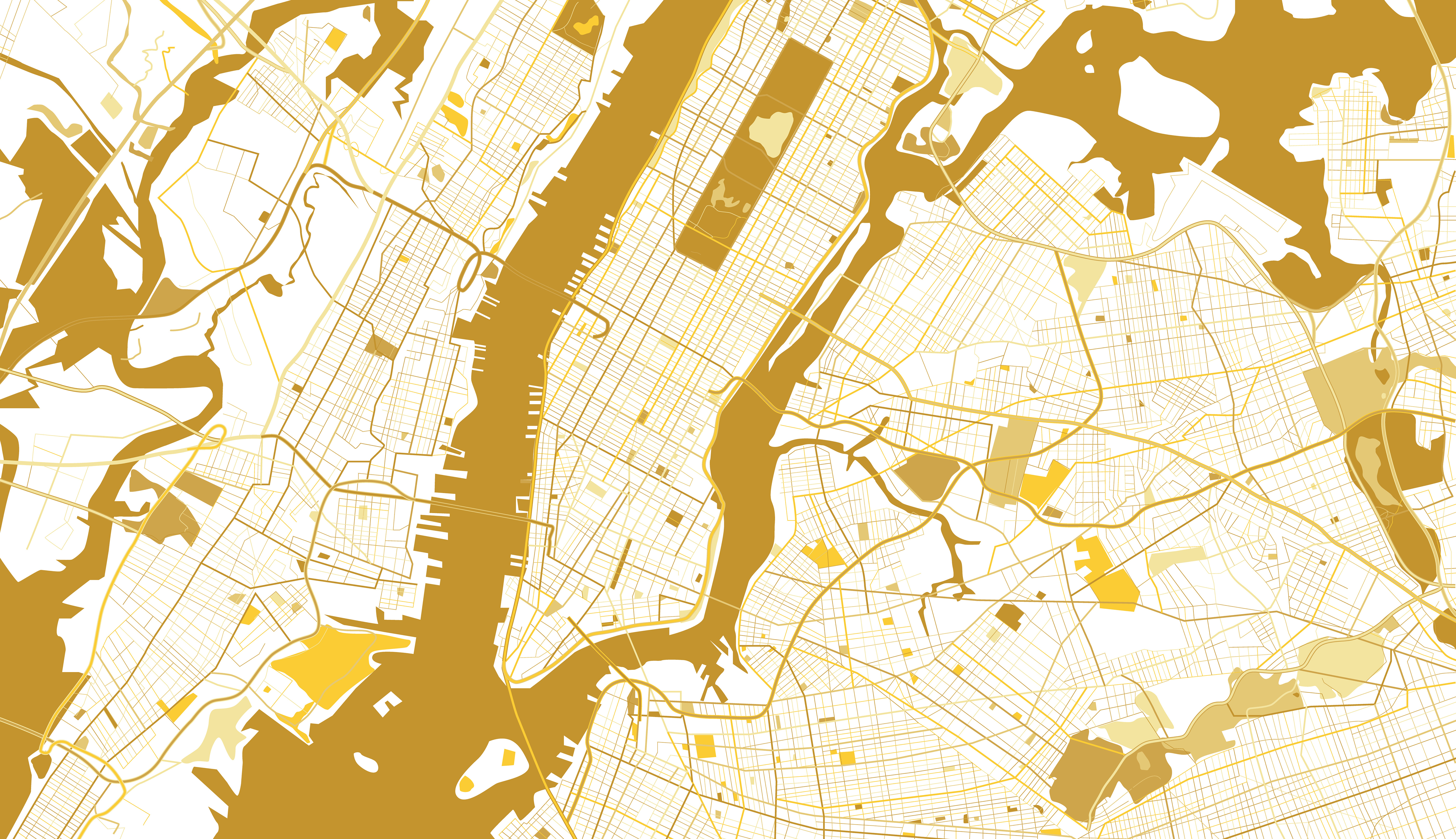Why cities should just annex the suburbs
It's time to return to a commonplace turn-of-the-20th-century practice


A free daily email with the biggest news stories of the day – and the best features from TheWeek.com
You are now subscribed
Your newsletter sign-up was successful
Many don't realize this, but New York City used to be confined to simply the island of Manhattan. It grew by first annexing the Bronx in the 1870s, and then Brooklyn, Queens, and Staten Island in 1897, creating the five boroughs we know today.
The basic reasoning was that if cities or suburbs had grown into essentially one big lump, then it only made sense for that metropolitan area to be governed as a single unit. It's an idea that is long overdue for a return, as many small central cities today remain ring-fenced by wealthy suburbs sucking the life out of them.
New York was not the only big annexation from those days. Philadelphia, Chicago, Los Angeles, and dozens of other cities grew by leaps and bounds by expanding their boundaries as well as adding additional population. The motivations were diverse, but a common one was to protect the viability of the central city by maintaining taxing authority over all people who worked in the city. Allowing high-income workers to live outside city limits could badly undermine the municipal tax base — and it's only fair for people to share in the burdens of a system by which they benefit.
The Week
Escape your echo chamber. Get the facts behind the news, plus analysis from multiple perspectives.

Sign up for The Week's Free Newsletters
From our morning news briefing to a weekly Good News Newsletter, get the best of The Week delivered directly to your inbox.
From our morning news briefing to a weekly Good News Newsletter, get the best of The Week delivered directly to your inbox.
As retired judge Henry Harlan argued in favor of an enlargement of Baltimore in 1918:
Those who locate near the city limits are bound to know that the time may come when the legislature will extend the limits and take them in. No principle of right or justice or fairness places in their hands the power to stop the progress and development of the city, especially in view of the fact that a large majority of them have located near the city for the purpose of getting the benefit of transacting business or securing employment … in the city. [Baltimore Sun]
When cutting-edge transportation technology was the railroad, the streetcar, or the trolley — in 1890 the United States had by far the best street rail systems in the world — and most black Americans lived on farms, this wasn't too difficult.
But as Kenneth T. Jackson explains in Crabgrass Frontier, two developments combined to break this trend. The first was the automobile, and the second was the movement of black Americans to the inner cities.
Cars severely undermined the logic of the city by spreading out new development in every direction. Where before new development was concentrated around rail lines, meaning new housing generally had to be within walking distance of a stop and therefore fairly dense, now it sprawled all over the place. Annexations now meant a vastly greater quantity of land than they would have previously.
A free daily email with the biggest news stories of the day – and the best features from TheWeek.com
More importantly, as black people moved out of the South and into cities elsewhere in the country in the mid-20th century, they generally congregated in the inner cities. Wealthy people have always had a natural tendency to try to avoid paying for public services (or taxes of any kind), a tendency that was dramatically strengthened by racist resentment of the now-disproportionately-black city residents who relied on those public services.
That tendency was strengthened by how the automobile and free trade cored out much of the industrial base of the inner city. Some businesses moved to locations nearer to freeways out of the city, while others left the country altogether — though not all, as the central city remained a logical place for many enterprises. As wealthy and middle-class whites fled to the suburbs, they mobilized furiously to prevent annexation of their cities, and thus keep their tax dollars — many of which were still being made in the central city — locked into their own small communities to the greatest possible extent. An attempt to enlarge Baltimore again in 1948 failed, as did nearly every other similar effort.
The result was places like New Jersey's Newark, a tiny central city surrounded by a thicket of strangling wealthy suburbs. It was falling to pieces by the mid-1960s.
Many cities have begun to experience some urban revival after the nadir of the 1970s. But many are still struggling under a heavy burden of services without the tax base they logically deserve. There are also some signs that younger people, under pressure from sky-high rents in the most desirable cities, are once again moving back to the suburbs and exurbs.
It's long since time municipal boundaries were re-drawn around actual organic communities — perhaps in line with Metropolitan Statistical Areas defined by the government.
Perhaps if such a reorganization took place, suburban denizens might even see the value of universal high-quality public services for themselves, including public transportation throughout the whole metro area. But ultimately, it's only fair that economic and population centers should be governed as whole instead of one portion being stuck with all the burdens and another raking in all the benefits.
Editor's note: A previous version of this article overstated the historical dominance of U.S. rail. It has since been corrected. We regret the error.
Ryan Cooper is a national correspondent at TheWeek.com. His work has appeared in the Washington Monthly, The New Republic, and the Washington Post.
